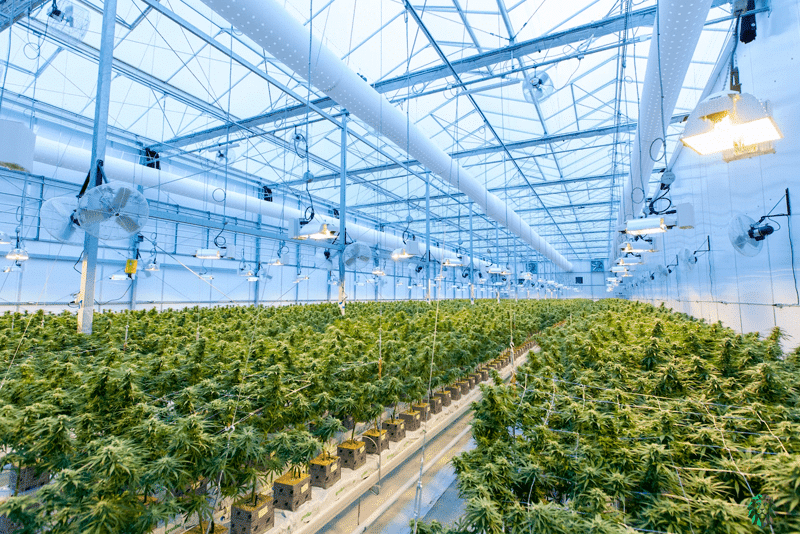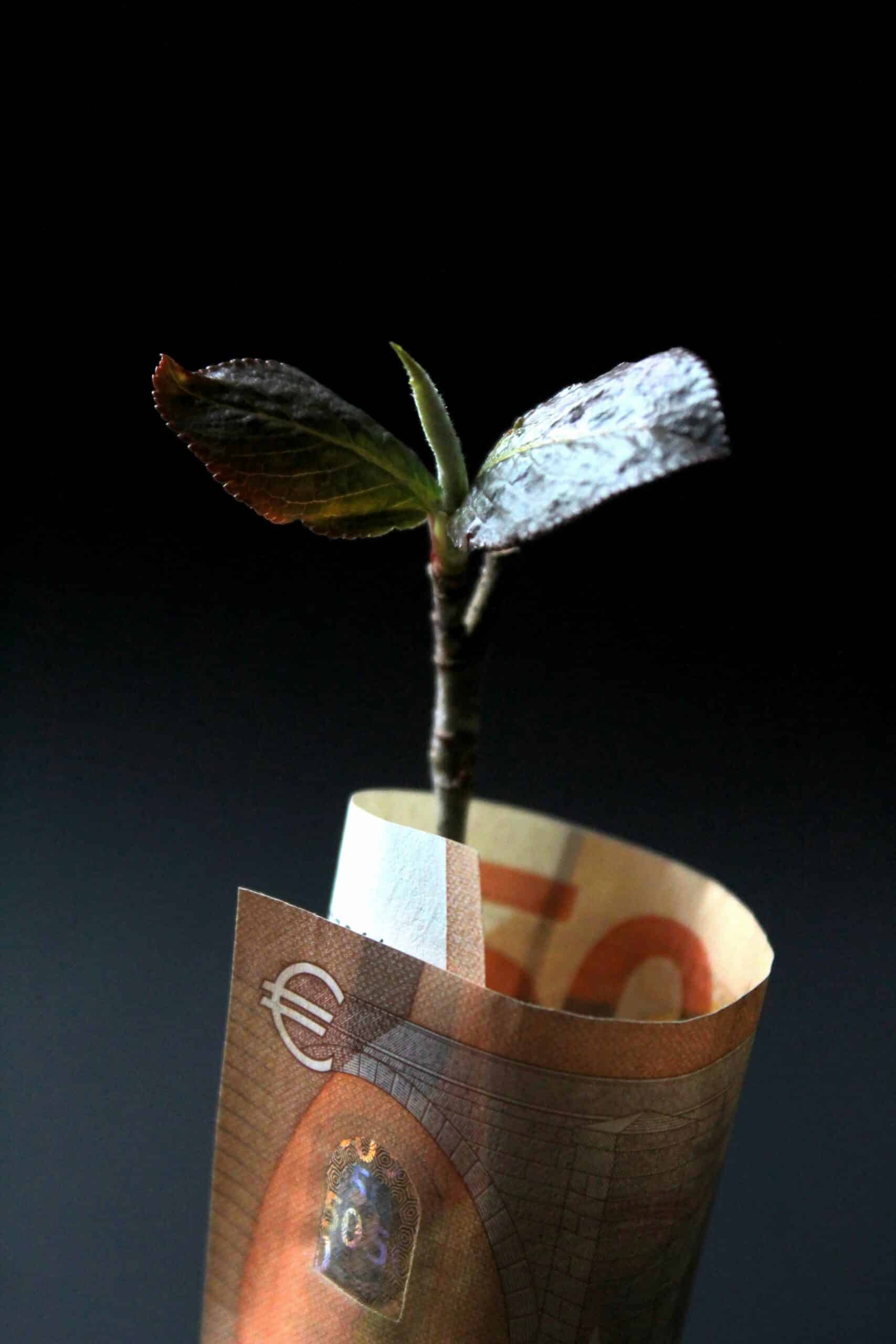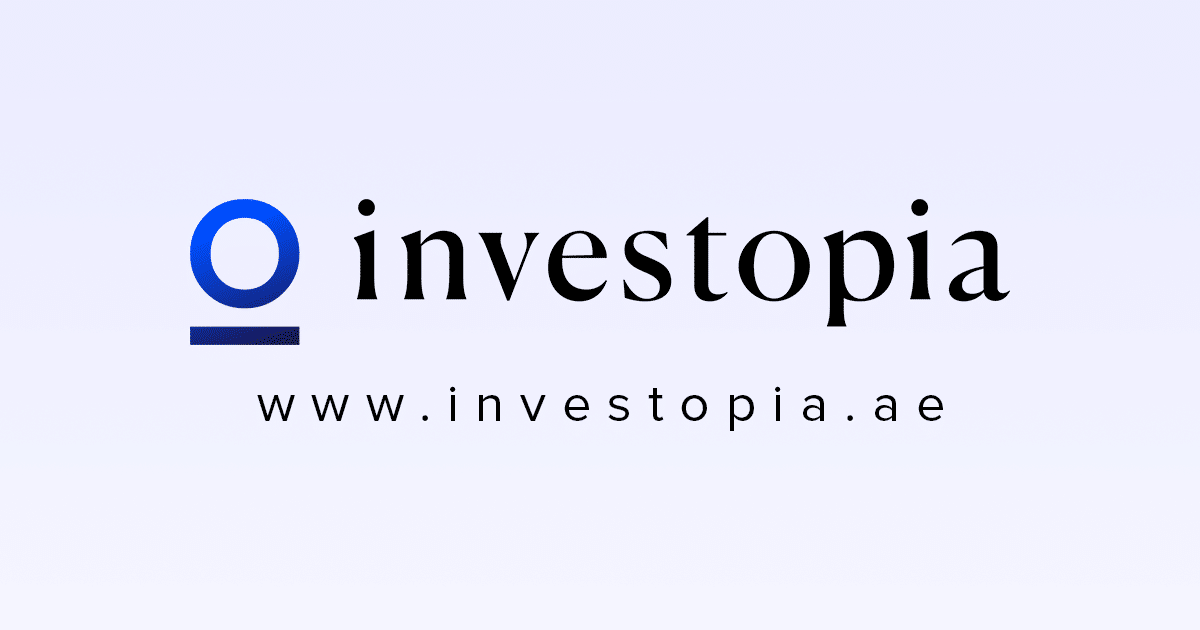Session Speakers:

Loulou Khazen Baz
Managing Partner, Spade Venture

Ryan Lefers
Co-Founder and CEO, RedSea
Share
Key Takeaways
- Investing in innovative technologies can help solve global problems like water scarcity and climate change.
- Due to its harsh climate conditions, the Middle East and North Africa (MENA) region is ripe for sustainable tech solutions.
- Successful entrepreneurship involves problem-solving and a willingness to take risks.
- Competitions and events like the Entrepreneurship World Cup can provide valuable opportunities for funding and exposure for startups.
- Collaboration with researchers and scientists can lead to the development of new technologies that address real-world problems.
In a recent marketplace session entitled “Success Stories in Entrepreneurship: RedSea,” hosted by Loulou Khazen Baz, Managing Partner at Spade Venture, Ryan Lefers, Co-Founder and CEO of Red Sea, Saudi Arabia, discussed his journey into the water-food-energy nexus.
Originally from South Dakota, Lefers arrived in Saudi Arabia in 2013 to complete his PhD at King Abdullah University of Science and Technology (KAUST), where he met his co-founders, Mark Tester and Derya Baran. They were all interested in the challenge of sustainable food production in harsh climate conditions.
Red Sea aims to solve two significant global food production challenges: the heat from harsh climates and the need for controlled environments. The company has developed a nanotechnology to incorporate into greenhouse roofs, which absorbs heat from the sun while allowing light for photosynthesis. The technology extends growing seasons and increases yields while reducing water expenditure, making it a valuable solution for farmers facing extreme weather conditions.
Red Sea is a technology company focused on delivering its solutions globally. Spain, which feeds Europe in the winter, is an important market for the company, as the technology can extend growing seasons and increase yields. Red Sea’s investment journey began when they participated in the Entrepreneurship World Cup, where they placed third, which led to further funding opportunities.
Lefers believes that entrepreneurship is about solving problems, both big and small. Red Sea’s unique approach to the water-food-energy nexus has already made a significant impact, and the company is working to bring its solutions to more regions and markets.
Looking to the future, Lefers sees the Red Sea as an international company, as food production is a global problem. He hopes that the impact of the company’s nanotechnology will be visible from space, with the Google image of the white peninsula where the Red Sea is located turning blue due to the company’s nanotechnology roof in the greenhouse.
In summary, Red Sea’s success story is an inspiring example of how technology and entrepreneurship can tackle significant global challenges. Lefers’ journey serves as a reminder of the value of interdisciplinary collaboration and problem-solving.









